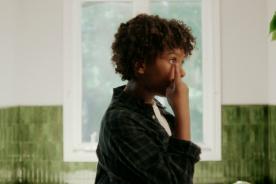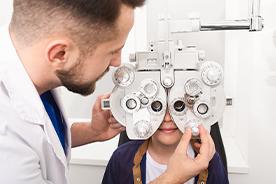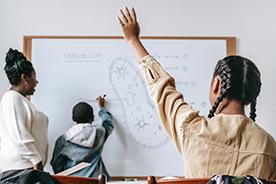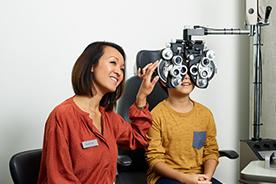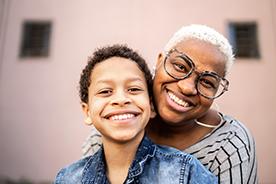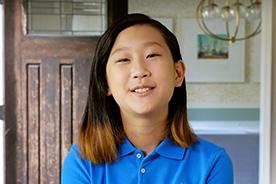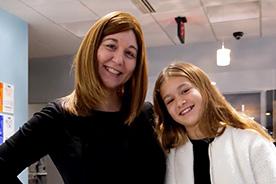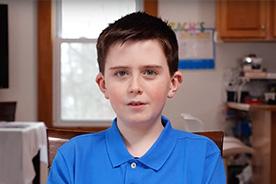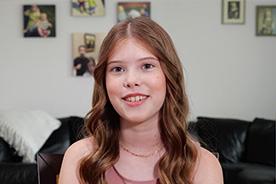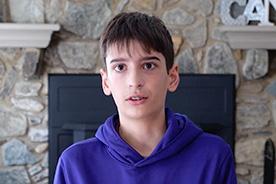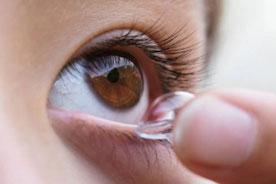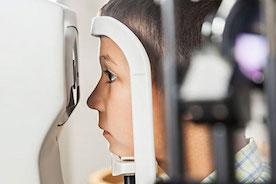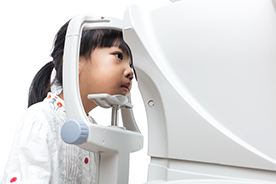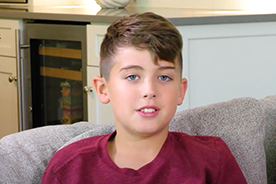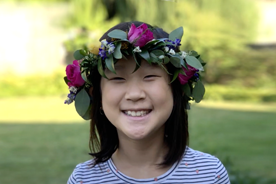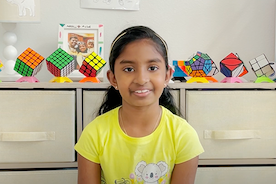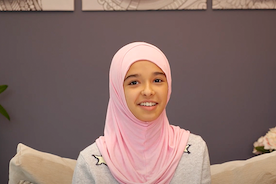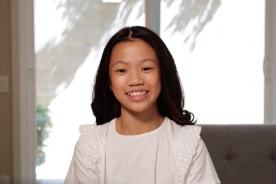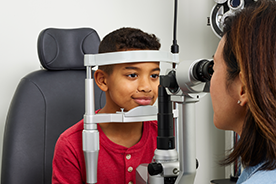As parents, we all want our children to feel confident and happy. One often-overlooked way to boost a child's self-esteem is through vision correction for myopia (also known as nearsightedness). While glasses are a common choice, myopia control with contact lenses can offer significant benefits, especially when it comes to enhancing a child's confidence. This boost in self-esteem can be crucial during the formative years when children are developing their sense of identity.
1. Enhanced Self-Perception
Studies have shown that children who wear contact lenses often feel better about their appearance compared to those who wear glasses.1 According to a study published in the journal Optometry and Vision Science, children aged 8-11 who switched from glasses to contact lenses reported a significant improvement in their self-perception and social acceptance.1
2. Increased Participation in Activities
Contact lenses provide a wider field of vision and are less likely to interfere with physical activities, making them an excellent choice for active kids with blurry distance vision. Research indicates that children who wear contact lenses are more likely to participate in sports and other extracurricular activities.2
This increased participation not only helps in physical development but also fosters a sense of belonging and teamwork, further enhancing their confidence.
3. Positive Social Interactions
Wearing contact lenses can positively impact a child's social interactions. A survey conducted by the American Optometric Association found that 70% of children who wore contact lenses felt more confident in social settings.3
This confidence can lead to better communication skills and stronger friendships, both essential components for healthy emotional and social development.
4. Contributions to Improved Academic Performance
Confidence in one's appearance and abilities can translate into better academic performance.
One study found that students with uncorrected visual deficits had reduced focus, perseverance, and class participation, affecting academic functioning and psychosocial stress.4 After receiving corrective lenses, improvements were seen in classroom attention, task persistence, and willingness to practice academic skills.4
5. Statistics Speak Volumes
- 25.3% of children aged 2-17 years wear glasses or contact lenses.3
- Approximately 14.5% of all children under 17 years wear contact lenses.5
- Children under 12 years old are most frequently prescribed daily disposable soft contact lenses.5
- 90% of children as young as 8 years old can insert and remove their contact lenses.§8
Conclusion
Choosing contact lenses for your child can be a simple yet effective way to help your child see the world more clearly and confidently.
Better yet, MiSight® 1 day contact lenses are the only myopia control treatment to offer a two in one benefit that can correct their blurry vision today AND help protect it from getting worse as they grow.*†‡6,7
Consult with an eye care professional to determine the best vision correction option for your child, and be sure to ask about the unique benefits of MiSight® 1 day.



